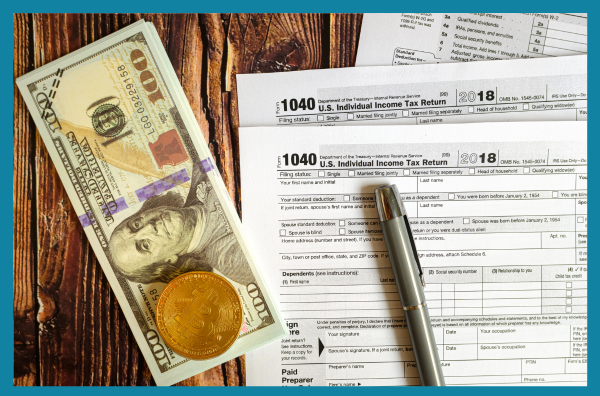How Much Are IRS Penalties And Interest?

How Much Does the IRS Charge in Penalties?
Penalties are imposed for different reasons and the rate varies depending on the type of penalty. For example:
- Failure to file penalty: If you don’t file your tax return by the due date, the penalty is typically 5% of the unpaid tax for each month or part of a month that the return is late, up to a maximum of 25%.
- Failure to pay penalty: If you file your tax return on time but don’t pay the full amount of tax you owe by the due date, generally, the penalty is 0.5% of the unpaid tax for each month or part of a month that the tax is late, up to a maximum of 25%. However, the rate increases to 1% if the tax remains unpaid 10 days after the IRS issues a notice of intent to levy property. If you file on time and request an installment agreement, the rate decreases to 0.25% for any month in which an installment agreement is in effect.
- Failure to file and pay penalty: Where both penalties apply in the same month, the combined penalty is 5% (4.5% late filing and 0.5% late payment) for each month or part of a month that your return was late. However, the failure to file penalty will max out after 5 months at 22.5%. The failure to pay penalty continues until payment is made but the maximum is 25%. Accordingly, the maximum total penalty for both is 47.5% (22.5% late filing penalty and 25% late payment penalty) of the tax.
- Accuracy-related penalty: If you make errors on your tax return that result in an underpayment of tax, the IRS may charge an accuracy-related penalty that is usually 20% of the underpayment. There are two types of penalties – one is for negligence or disregard of the tax rules which applies if you don’t make a reasonable attempt to follow the rules or deliberately ignore them, and the other one is for a substantial understatement of tax which applies if you understate your tax liability by 10% or $5,000, whichever is greater.
- Erroneous claim for refund or credit penalty: If you submit a claim for a tax refund or credit for an excessive amount and there is no reasonable cause, the penalty is 20% of the excessive amount claimed.
- Failure to pay estimated taxes penalty. For individuals and corporations, the penalty is calculated based on the amount of the underpayment, the period when the underpayment was due and underpaid, and the interest rate for underpayments which changes quarterly.
What Interest Rate Does the IRS Charge?
If you owe taxes and don’t pay them by the due date, the IRS will charge interest on the unpaid amount, including any penalties owed, until the balance is paid in full. The interest rate is determined quarterly and is based on the federal short-term rate plus 3%. Note that the date that interest begins to be charged varies by the type of penalty.
For a more detailed discussion of how penalties and interest are calculated and when they apply, visit the IRS website or contact a tax lawyer for further information about your situation.
Can You Avoid IRS Penalties and Interest?
The IRS can waive or reduce penalties in certain circumstances. However, you have to request relief and provide evidence that justifies penalty abatement.
Generally, the IRS does not reduce or abate interest except for an unreasonable error or delay by an IRS officer or employee.
The best way to avoid penalties and interest is to address tax problems as soon as possible. If you cannot afford to pay your taxes, you may qualify for an Installment Agreement, Offer in Compromise, penalty abatement, or other tax relief. A tax lawyer can assist you in presenting a strong case and negotiating with auditors.
Our tax law firm has over 25 years of experience helping taxpayers resolve their tax problems. Contact us for a consultation today.


